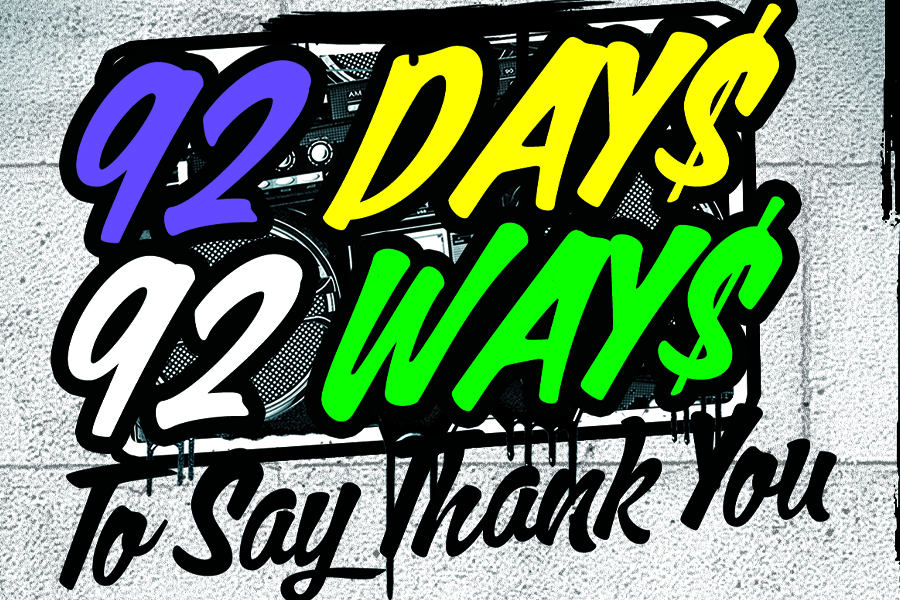U.S. District Judge in Diddy Fed Case Orders Prosecutors “To Get Rid of” Notes Found in Cell

Here’s breaking-ish news in Diddy’s epic legal case.
In a significant development, a judge has ordered prosecutors to destroy copies of the rapper’s handwritten notes that reportedly were seized during a recent raid on his jail cell at the notorious federal lockup he’s being held awaiting trial.
Get this, the notes, which Combs’ defense team argues are protected by attorney-client privilege, were obtained during an October 28 search of his cell at Brooklyn’s Metropolitan Detention Center.
Now, that’s usually a no-no.
But when a Manhattan federal court hearing went down on Tuesday, U.S. District Judge Arun Subramanian gave clear instructions to prosecutors that they had to “get rid of them” while he considers the defense’s argument that the notes are confidential communications between Combs and his legal team.
What’s more, Judge Subramanian clarified that a separate team within the U.S. Attorney’s Office, responsible for screening documents for privilege, could keep a copy of the notes for review. That’s interesting. There’s nuance to all of this chaos.
As expected, Combs’ legal team had previously raised alarms about the raid, arguing that it violated his constitutional rights. A hard argument to prove but who knows.
Check it, they described the search as “outrageous,” claiming it infringed on Combs’ right to a fair trial and protections against self-incrimination. Attorney Marc Agnifilo referred to the incident as a “complete institutional failure” and stressed that the seizure of Combs’ legal notes was an unlawful breach of his rights.
The so-called search itself was part of a broader “safety and security initiative” at the detention center, which had been scheduled before Combs’ September arrest. Sounds like a smoke screen but we really do not know.
Prosecutors claim the search resulted in the discovery of several personal items, including a manila folder labeled “legal,” a notebook, and an address book. While some materials were submitted for review, prosecutors assert that the notes, which touched on business matters and family concerns, do not fall under the category of privileged legal communications.
Diving in, prosecutors also allege that Combs’ notes include references to paying off potential witnesses and gathering damaging information about them, actions that could amount to obstruction of justice. This claim further complicates the defense’s argument for attorney-client privilege.
Bringing you fully up to speed, a hearing on Combs’ bail request is scheduled for Friday, and the legal battle over the notes continues as the court decides whether they will be used in the preparation for his trial. Meanwhile, the judge has ruled that the notes should not be used by prosecutors to determine whether Combs should be granted bail. Makes sense. Let’s see how it all unfolds.
The post U.S. District Judge in Diddy Fed Case Orders Prosecutors “To Get Rid of” Notes Found in Cell appeared first on .




